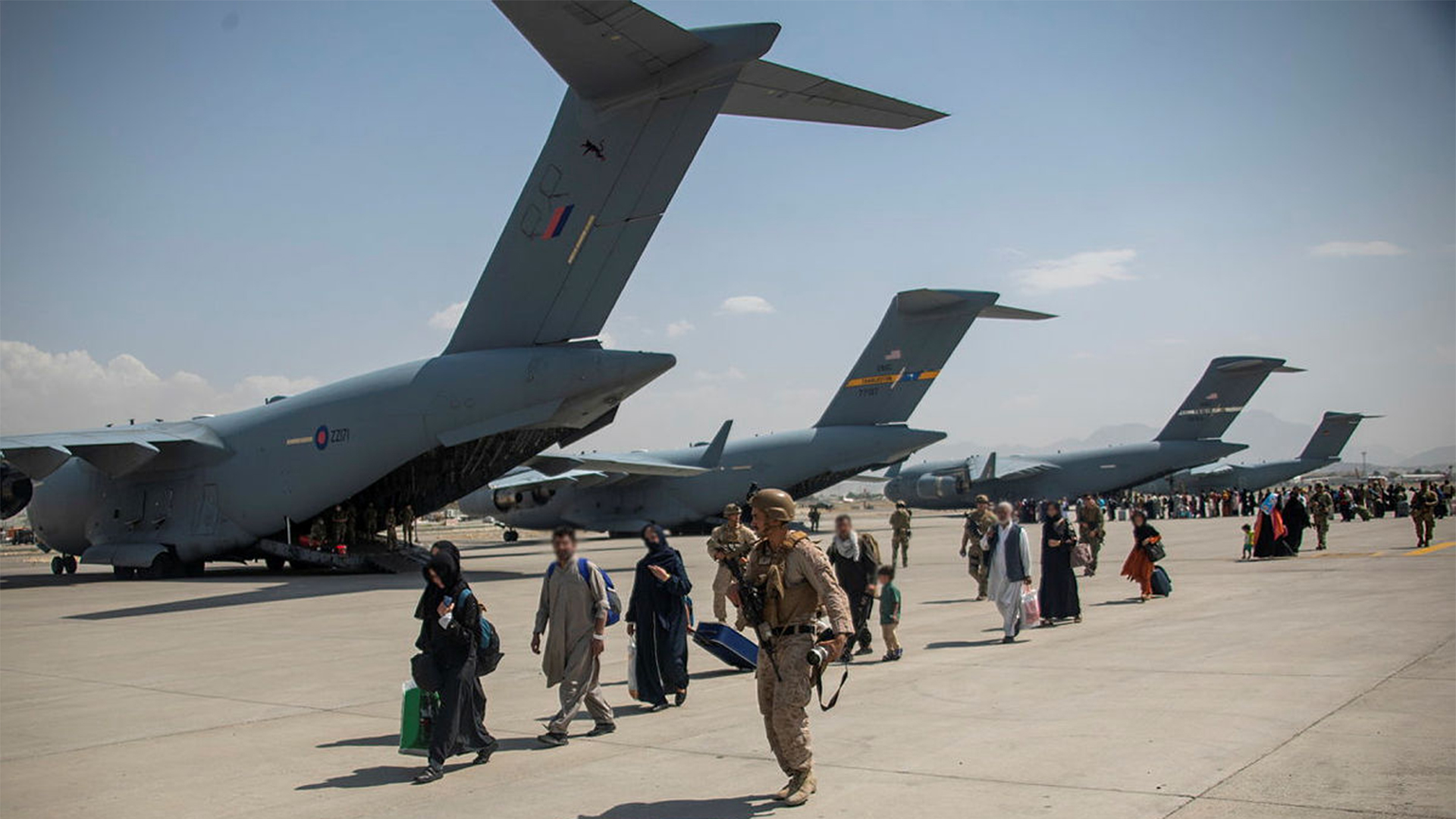
Secrecy v accountability: Why Afghan resettlement scheme costs are spiralling

The revelation of the Afghan data breach in July 2025 opened the floodgates for a series of further disclosures, from additional data leaks affecting British special forces, to ongoing initiatives to bring endangered Afghans to the UK.
Now, the National Audit Office (NAO) has released a report stating that the Ministry of Defence (MOD) cannot determine exactly how much it has spent resettling people under the Afghanistan Response Route (ARR) because it did not separately account for the costs.
While the ARR has since closed, the NAO report also found that the total number of people who are eventually resettled in the UK could be almost 4,000 higher than the original estimated total, as the MOD is reviewing applications that were originally rejected, including from members of the Afghan special forces known as the 'Triples'.
Why was the ARR launched?
The ARR was a scheme to resettle Afghan nationals who supported British forces during their two-decade-long deployment.
It was secretly launched in April 2024 in response to a breach that leaked personal data – including names and contact information – of 18,700 Afghan citizens who were judged to be at risk of Taliban reprisals.
Instead of recording the costs separately, the MOD included them within its total spending on other resettlement schemes.
It has stated that it did this to maintain the secrecy of the ARR scheme while a super-injunction was in place, which was granted by the High Court on the grounds that if the existence of the data loss became widely known, it would put the safety and lives of the individuals and their family members at risk.
It was lifted following an independent review in January 2025, and the ARR scheme was closed to new applicants.

What does the NAO say?
The MOD expects 7,355 people to be resettled in the UK through the ARR as a direct result of the breach, at an estimated cost of £850m.
But the NAO has doubts about that figure. In its 3 September report, it said the MOD had not provided "sufficient evidence" to give them confidence in the accuracy of its costs.
"The MOD is not able to determine exactly what it has spent on resettling people through the ARR scheme," the report states.
"This is because it did not separately identify the costs of the ARR scheme in its accounting system, meaning that these costs were not visible in its management accounts, but instead included them within its total spending on Afghan resettlement activities.
"The MOD told us it did this to comply with the terms of the super-injunction."
The MOD estimates the costs to the whole of government would be £128,000 per resettled individual, of which an estimated £53,000 would be met by the MOD.
The total cost of all Afghan resettlement activity between 2021 and 2029 is forecast to exceed £2bn.
What does the MOD say?
An MOD spokesperson said: "We are committed to honouring the moral obligation we owe to those Afghans who stood with us and risked their lives.
"Since taking the decision to support the lifting of the super-injunction brought by the previous government, we have been clear on the costs associated with relocating eligible Afghans to the UK – and are fully committed to transparency.
"The cost of all Afghan resettlement schemes, including the Afghan Response Route, has been fully funded as part of the Government's Spending Review."

What happens next?
Alongside the release of the NAO report, the Defence Committee also announced on 3 September that it would be launching a "broad inquiry" into the Afghan data breach and the associated resettlement schemes.
Defence Committee chair Tan Dhesi said the inquiry would look at "the successes, failures and opportunity costs of the Afghan resettlement programme".
"We intend to identify the key issues for affected Afghans, defence, public services, local communities and public trust, and reach a view on what the Government should do next," he added.
The Public Accounts Committee will also question senior MOD officials on 8 September in relation to the costs of the Afghan data breach.









